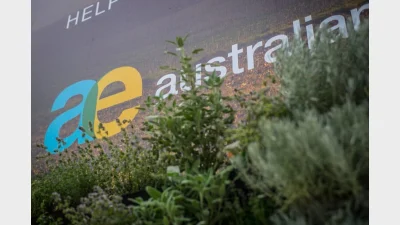Super funds need to boost responsible investment
Superannuation funds have the power to make a big impact in the responsible investment space over the next few years, according to an environmental, social and governance (ESG) expert.
Speaking at this week’s Responsible Investment Association Australasia (RIAA) conference in Sydney, Corporate Analysis, Enhanced Responsibility (CAER) chief executive Duncan Paterson said that he hoped the next two to three years would see super fund members encouraged to take up socially responsible investment (SRI) options within their superannuation.
“If we could leverage the power of the responsible investment approach to talk to members in super funds and persuade them to move the default options into some of the SRI options and responsible investment options that are available to them that would be a huge development for the [responsible investment] industry more broadly because there would be more demand for responsible investment products,” he said.
Anne-Maree O’Connor, head of responsible investment at the Guardians of New Zealand Superannuation Fund said that the sector would be boosted if the institutional asset owners were able to provide a consistency of demand in the types of data they wanted from the companies they were considering investing in.
A lot of asset owners are new to the ESG space and do not know how to respond to the new demand for this type of information, meaning companies were being asked for all kinds of different information, she said.
Elaine Prior, director, senior analyst, industry thematics and ESG at Citi Investment Research, said that individual equities managers and analysts in the bigger funds should communicate with stockbrokers on ESG and sustainability issues in the stocks that they cover, rather than having it be a separate issue that is not directly aligned with the commercial arrangement between fund managers and analysts.
Recommended for you
First Nations Australians have faced systemic barriers accessing super, with rigid ID checks, poor service, and delays compounding inequality.
“Slow and steady” appears to be the Reserve Bank’s approach to monetary policy as the board continues to hold on to its wait-and-see method.
AFCA’s latest data has shown a decline in complaints relating to superannuation, but there is further work to be done, it has warned super funds.
Limited exposure to fossil fuel companies has positively impacted the performance of Australian Ethical’s balanced and growth funds, the super fund says.











